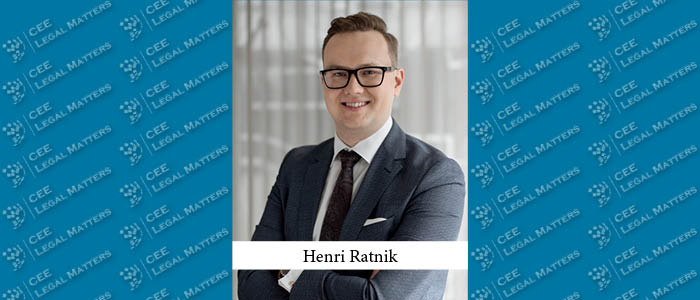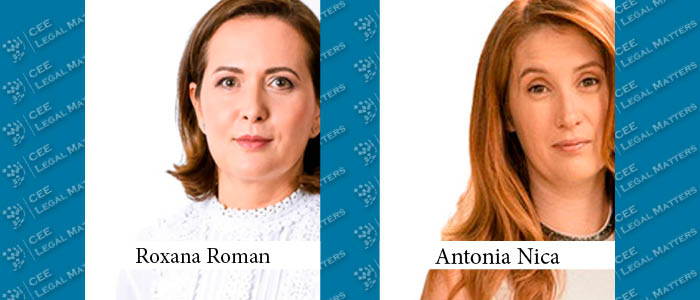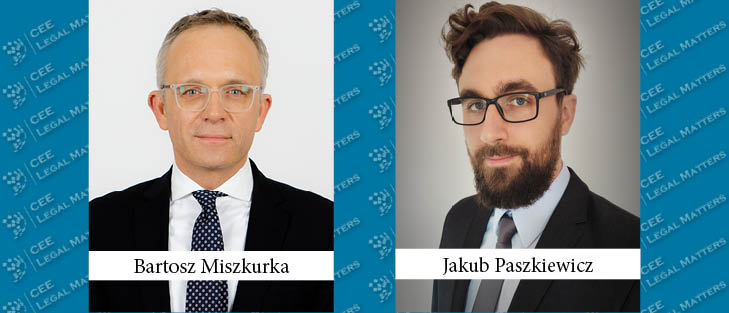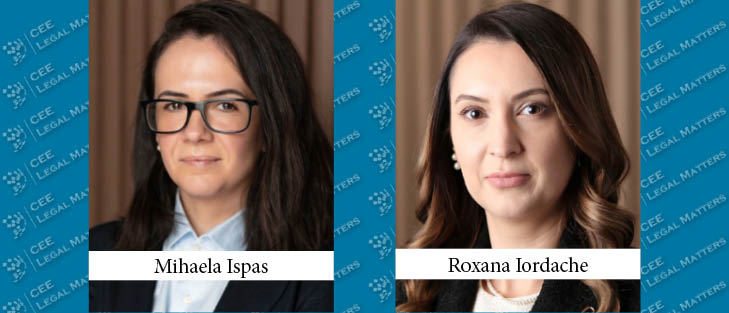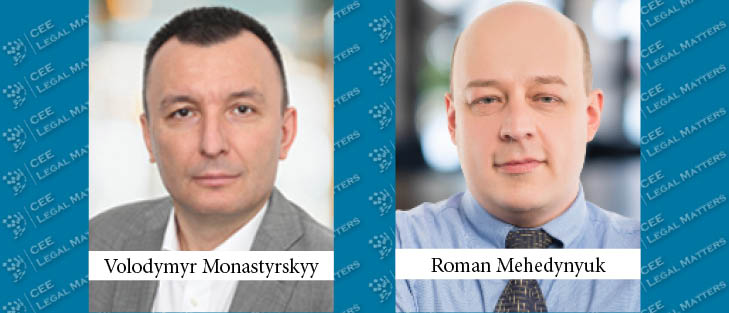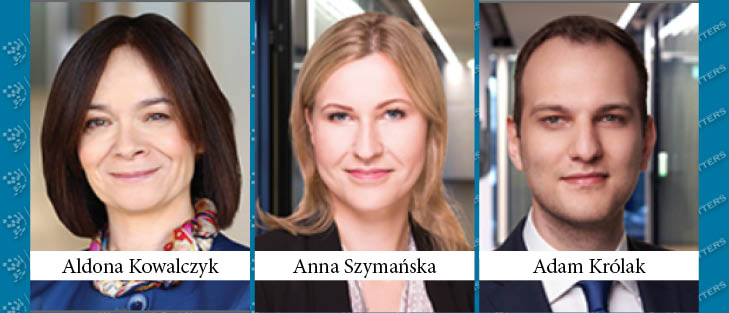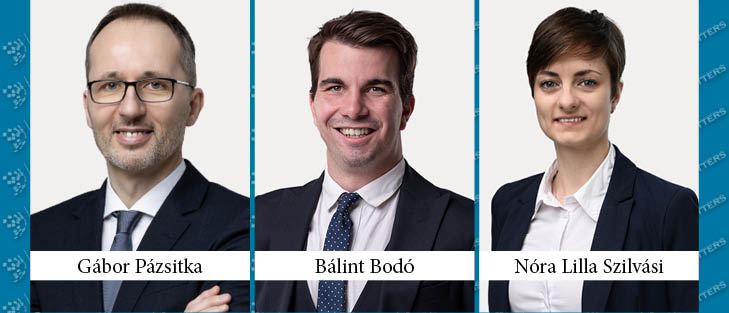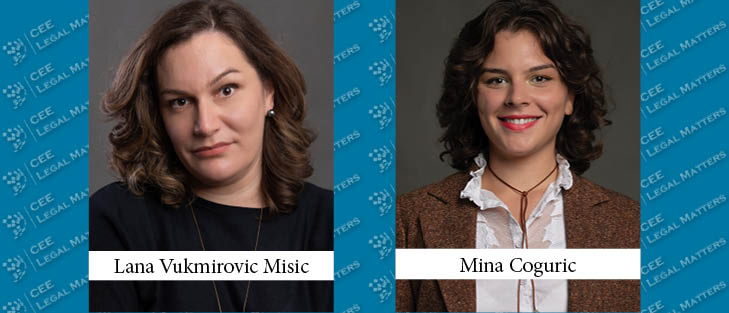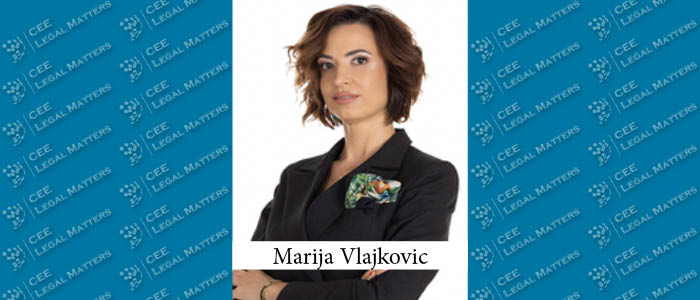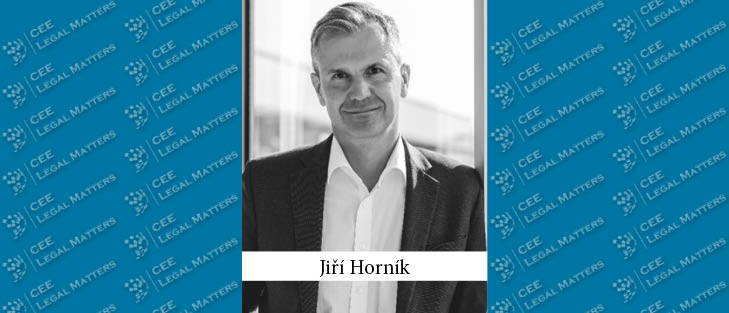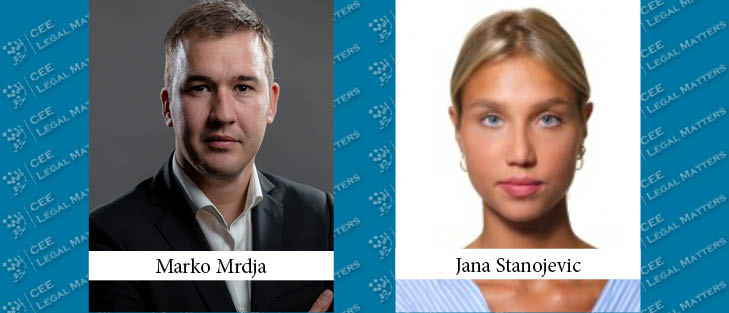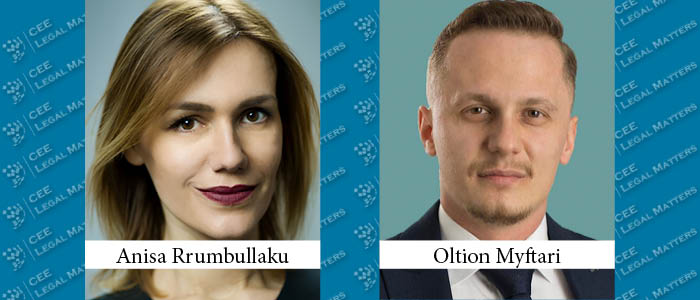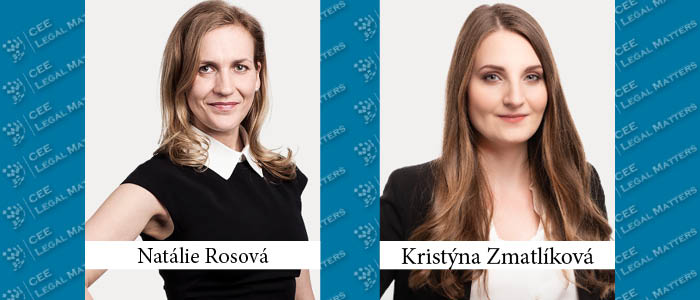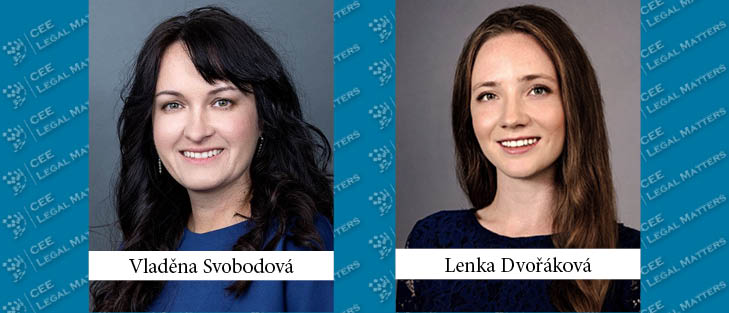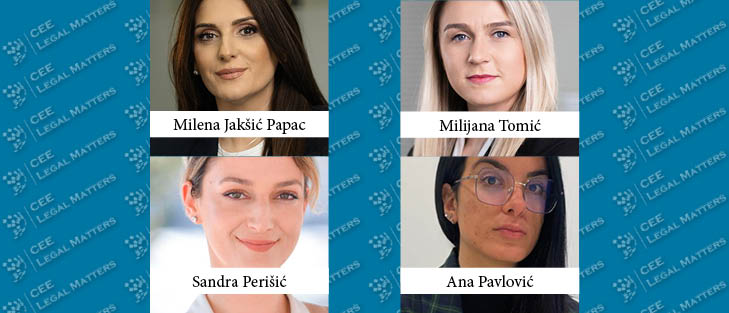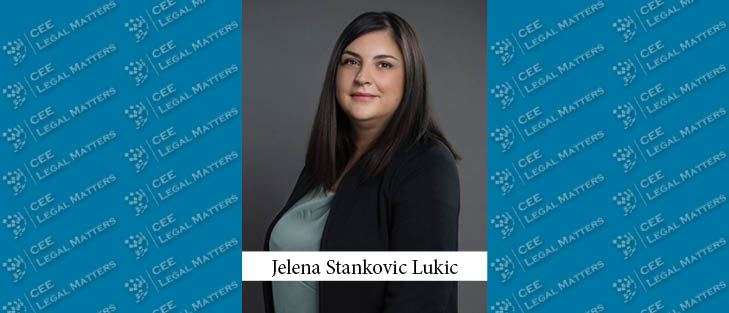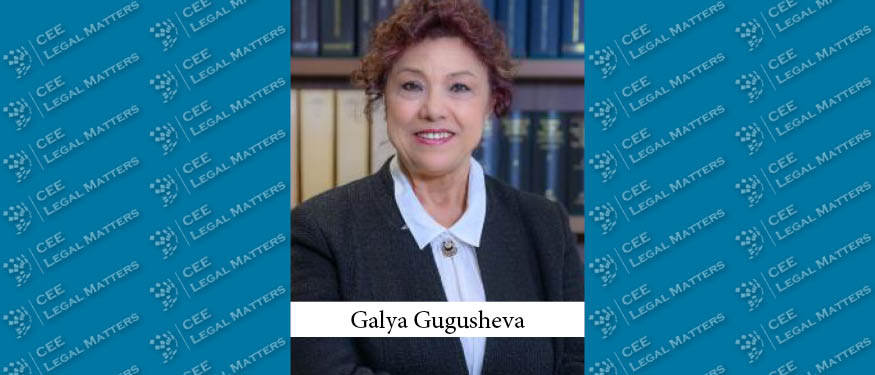Presumably many of us have watched Bonanza when they were younger. Bonanza is an American Western TV series about the Wild West of the 1860s. It wasn’t an easy life – lawlessness reigned, and justice was only for the strong.However, in 2024, it’s a different story – the laws are in place and being effectively enforced. The development and use of artificial intelligence is no longer a lawless environment. Existing regulations remain in place, and now a new Artificial Intelligence Regulation has entered into force, carrying hefty fines of up to €35 million or up to 7% of a company’s global turnover. So, the answer to the question in the headline is already a pre-emptive 'no'.
How EU Energy Efficiency Rules Impact the Construction Permit Process in Romania
As Environmental, Social and Governance (ESG) standards continue to dominate business conversations, the European Union (EU) drives the momentum by placing the ‘energy efficiency first’ principle at the heart of its energy policy. These efforts further aim to enhance governance, transparency and strengthen the link between climate change mitigation and environmental protection measures.
Revolutionary Changes in Spatial Planning and Development
The Act of July 7, 2023, amending the Act on Spatial Planning and Development was published on August 24, 2023, and entered into force in most of its content 30 days after its publication. However, the most important changes revolutionizing spatial development in Poland will enter into force by the end of 2025. The changes will mainly affect the obligations of municipalities.
Tax Law Drafts Published
On October 16, the Ministry of Finance published draft amendments of, as many as, 7 laws in the field of taxation, with an invitation to interested parties to submit comments, suggestions and objections to the published drafts by October 23. In addition to tax laws, drafts and amendments to the Law on Public Property and the Law on Republic Administrative Fees were published.
Will REITs Boost the Romanian Real Estate Market?
REITs (Real Estate Investment Trusts), the investment structure focused on real estate assets and related revenues generated by them has been implemented and used around the world due to the advantages brought to its investors.
New Investigation Into Potential Antitrust Violation Involving Retail Markets
On 10th October 2024, the Commission for the Protection of Competition (“Commission”) initiated an ex officio investigation proceedings for potential antitrust violation involving DELHAIZE SERBIA DRUŠTVO SA OGRANIČENOM ODGOVORNOŠĆU BEOGRAD (NOVI BEOGRAD), Mercator-S DOO BEOGRAD, UNIVEREXPORT EXPORT-IMPORT DOO, and DIS DOO KRNJEVO (“Companies”).
eSignatures in Focus: Navigating Electronic Identification and Trust Services in Ukraine
In recent years, Ukraine has experienced a significant shift towards digitalization, with the advent of electronic identification (eID) means and trust services being a pivotal element of this revolutionary transformation. As Ukraine endeavours to embrace technology-driven solutions, eID means and trust services - enabling, inter alia, electronic signatures (eSignatures) - have emerged as readily accessible and efficient alternatives to traditional handwriting methods, thereby streamlining processes, minimizing reliance on paper-based documentation, and eliminating the need for the physical presence of signatories in one place.
CJEU Restricts Access to Public Contracts for Contractors from Third Countries
On October 22nd, the Court of Justice of the European Union (“CJEU”) issued a precedent-setting ruling in the Kolin Inşaat Turizm Sanayi ve Ticaret case (C-652/22 – the “Kolin case”). This is of crucial importance to contractors engaging or aiming to engage in the public procurement market of the European Union (“EU”), who originate from countries outside of the EU that are not party to international agreements with the EU which would formally admit such contractors to public tenders in the EU.
The National Bank of Hungary's New ESG guideline: A Brief Overview
The National Bank of Hungary (NBH) introduced a new guideline No. NBH's 9/2024, also known as the ESG (Environmental, Social and Governance) Guideline. This initiative aims to help financial institutions incorporate sustainability considerations into their risk management processes. The Guideline seeks to standardise the collection and assessment of ESG information, thereby enhancing predictability in legal compliance and reducing administrative burdens for businesses applying for credit.
New Waste Management Law of Montenegro – Key Changes for Producers and Retailers
The new Waste Management Law of Montenegro (“the Law”), which came into force on April 12, 2024, represents a step further towards harmonizing Montenegrin legislation with the acquis communautaire, namely key European Union (“EU”) directives in the area of waste management.
What Should Employers Expect from the EU AI Act?
AI is increasingly revolutionizing the way businesses handle recruitment, hiring, management and employee monitoring etc. AI solutions are already adept at personalizing employee experiences, such as benefits and training, streamlining HR processes throughout the employment lifecycle, boosting efficiency and significantly reducing administrative burdens. Additionally, AI provides critical workforce insights, facilitating data-driven decision-making and management. However, these advancements also bring potential risks related to discrimination, protection of privacy, and other fundamental rights that employers must carefully manage.
Passenger Claims: Cui bono?
It will soon be twenty years since Regulation 261[1] came into force, which introduced an unprecedented level of protection for air passengers and was supposed to provide much greater protection in cases of denied boarding, cancellation, or long delays. So, has the (in)famous Regulation 261 served its purpose?
Law on Management of Companies Owned by the Republic of Serbia
The Law on Management of Companies Owned by the Republic of Serbia (hereinafter: the Law) came into force on 16 September 2024 in full. This Law was adopted in accordance with the recommendations that the Republic of Serbia received from the International Monetary Fund in order to corporatization, improve management and change the legal form of enterprises in the Republic of Serbia.
Regulatory Changes for Employment Agencies in Albania
Under Albanian law, employment intermediary activities are carried out by two types of agencies. The first type consists of “Recruitment Agencies,” which facilitate the hiring of individuals to work for a third party. The second type includes “Temporary Employment Agencies” (TEAs), which recruit and hire individuals for temporary assignments with host companies while keeping them on the agency’s payroll.
Czech Class Actions Series – Part III
The Czech Class Actions Act[1] became effective on 1 July 2024. Previous articles have provided an overview of key aspects of the new legislation and subjects of these proceedings. This part will focus on the challenges related to the publicity of class actions and explore ways in which companies, as defendants, can protect themselves from negative impacts.
Greater Certainty in M&A reviews? Court of Justice of the European Union Limits European Commission's Broad Powers
The long-standing dispute between Illumina/GRAIL and the European Commission has now ended. The Court of Justice has set definitive limits on the broad interpretation of Article 22 of Council Regulation No. 139/2004 on the control of concentrations between undertakings.
Recent Changes in the Montenegrin Labour Regulations
Recently, the Parliament of Montenegro has amended the labour regulations by adopting two amendments to the Labour Law in August and September 2024, and by adopting the amendments to the Law on Contributions for Mandatory Social Insurance in September 2024.
Proposal for the Amendment of the Law on Public Notaries
The Government of the Republic of Serbia has proposed amendments to the Law on Public Notaries ("Official Gazette of RS", no. 31/2011, 85/2012, 19/2013, 55/2014 - other law, 93/2014 - other law, 121/ 2014, 6/2015 and 106/2015) with the purpose of introducing the obligation to solemnize monetary loan agreements between natural persons in the amount of EUR 10,000 and higher.

